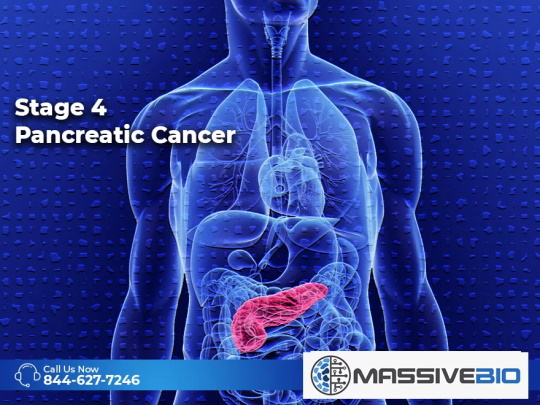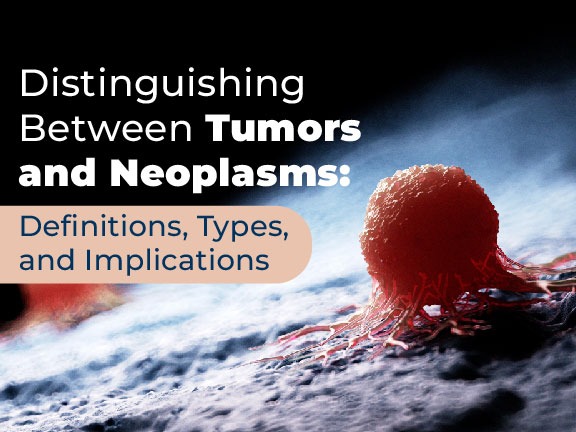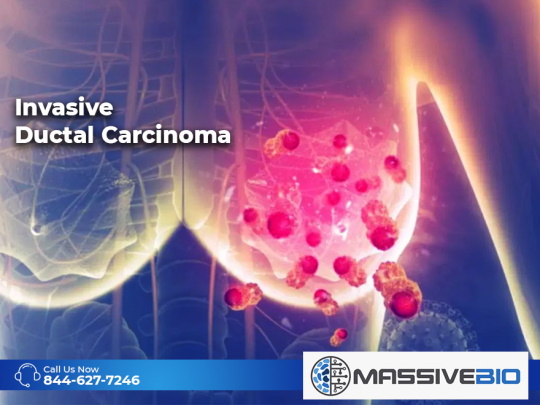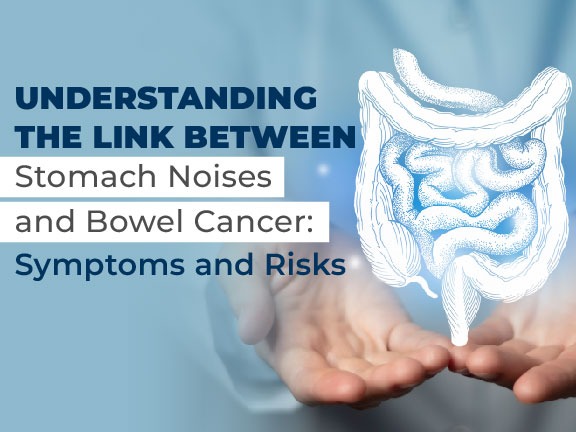The link between anemia and cancer raises important questions about whether anemia could be a cause or a symptom of cancer. Anemia, characterized by a decrease in the number of red blood cells or hemoglobin, can sometimes serve as an early warning sign of an underlying malignancy. Certain cancers, such as those affecting the gastrointestinal tract, can cause chronic blood loss, leading to anemia. Additionally, cancers that invade the bone marrow, such as leukemia and lymphoma, can disrupt the production of red blood cells, further contributing to anemia. This bidirectional relationship highlights the importance of investigating unexplained anemia to rule out or confirm the presence of cancer.
The link between anemia and cancer also involves the potential for anemia to act as a precursor or risk factor for developing cancer. Chronic anemia can create a hypoxic environment in tissues, which may promote tumor growth and progression. Furthermore, some studies suggest that the inflammation and oxidative stress associated with chronic anemia can contribute to the initiation and advancement of cancer. While anemia is more commonly recognized as a symptom of existing cancer, these findings underscore the need for ongoing research to fully understand the causal relationships and mechanisms at play. This knowledge is crucial for early detection, prevention, and comprehensive treatment strategies in oncology.
Anemia can be a symptom of many types of cancer, including cancers of the blood, as well as those affecting the digestive system, such as colon and stomach cancers. What’s more, certain cancer treatments may cause anemia.
What Causes Anemia?
Anemia occurs when the body’s level of red blood cells is too low. Red blood cells carry a protein called hemoglobin, which delivers oxygen from the lungs to every cell in the body. The cells need oxygen to produce energy and survive. When there aren’t enough red blood cells to provide adequate oxygen to cells, anemia is the result.
There are many causes of anemia. In some cases, this condition may occur because the body doesn’t make enough red blood cells. In other cases, disease or illness may destroy blood cells. Excessive bleeding, such as from trauma, can also cause the body to lose red blood cells and develop anemia.
A critical question is what type of cancer causes anemia. Cancers such as leukemia, lymphoma, and those affecting the gastrointestinal tract can lead to anemia by interfering with blood cell production or causing chronic blood loss.
Dietary changes are also important in managing anemia, making it essential to know what to eat for anemia. Consuming iron-rich foods like lean meats, beans, and leafy greens, along with vitamin C-rich foods, can help improve red blood cell levels.
Lastly, understanding if low ferritin is a sign of cancer is crucial. Low ferritin, indicating iron deficiency, can sometimes suggest internal bleeding or bone marrow issues linked to cancer. Persistent low ferritin should prompt further medical evaluation.
Causes of Anemia Related to Cancer
Several forms of cancer can cause anemia. Red blood cells are made in the bone marrow, which is the spongy tissue at the center of many bones. Several forms of cancer damage bone marrow, including leukemia, lymphoma, and multiple myeloma, which can interfere with the healthy production of red blood cells and cause anemia. What’s more, colon cancer, stomach cancer, and other cancers of the digestive system can promote bleeding in the intestinal tract that may result in a loss of red blood cells and anemia symptoms. In general, cancer can promote inflammation, which may also harm red blood cells.
However, anemia can also occur due to cancer treatment. For example, both radiation and chemotherapy can damage bone marrow, resulting in loss of production of red blood cells and anemia. Also, some forms of chemotherapy can harm the kidneys, which produce a protein called erythropoietin that signals the bone marrow to make red blood cells. Chemo-related kidney damage may, then, result in anemia. Also, a healthy, balanced diet is needed to provide the nutrients necessary to make red blood cells. Loss of appetite due to chemotherapy treatment may deprive the body of those building blocks, causing a drop in red blood cells.
A common question is is anemia a symptom of cancer? Indeed, anemia can be an early sign of certain cancers, indicating issues in blood production or chronic internal bleeding. Understanding what are the symptoms of anemia in cancer patients is crucial for early diagnosis, with symptoms often including fatigue, weakness, and shortness of breath.
Moreover, understanding why does pancreatic cancer cause anemia is vital, as it can lead to anemia through chronic bleeding and inflammation. Additionally, hypothyroidism anemia can complicate the diagnosis and treatment of anemia in cancer patients by reducing red blood cell production.
Other Causes of Anemia
Anemia is a common problem, so in some patients it may not be related to cancer or cancer treatment. Three significant causes of anemia include iron deficiency, B12 deficiency, and folic acid deficiency.
Iron is one of the essential components of hemoglobin; in iron deficiency, hemoglobin cannot be produced, and anemia occurs. This condition, known as iron-deficiency anemia, can result from eating a diet that’s low in this essential mineral, as well as some gastrointestinal problems. In addition, iron deficiency occurs in some women due to excessive blood loss during menstruation.
Folic acid and vitamin B12 also have important roles in the production of red blood cells. Therefore, a diet that’s low in folic acid and B12 can also lead to anemia. In particular, consuming little or no red meat may lead to vitamin B12 and iron deficiency, while people who eat few or no vegetables may also suffer from a folic acid deficiency. Eating a balanced diet can prevent anemia. (Vegetarians and vegans should be sure to consume sources of iron and B12, such as legumes, leafy greens, dairy products, and fortified foods.)
Blood loss due to trauma or internal bleeding can also cause anemia. Inherited forms of anemia occur due to genetic factors. Thalassemia (Mediterranean anemia) and sickle cell anemia are two examples of inherited anemia.
The link between anemia and cancer is crucial to understand as anemia is a common issue that can have multiple causes. While anemia is often due to iron deficiency, B12 deficiency, or folic acid deficiency, it’s important to consider how cancer causes anemia. Various cancers, such as leukemia, lymphoma, and multiple myeloma, damage the bone marrow, impairing red blood cell production. Additionally, cancers of the digestive system, like colon and stomach cancer, can lead to internal bleeding, causing anemia.
Given the complexity, many wonder is anemia a sign of cancer. Indeed, persistent anemia can sometimes be an early indicator of cancer, especially when accompanied by other symptoms like unexplained weight loss or chronic fatigue.
Anemia Symptoms to Look Out For
Anemia can have many symptoms, but the most obvious are:
- Extreme fatigue
- Weakness
- Pale skin, especially in the face, eyes, or nail beds
- Dizziness
- Palpitations
- Forgetfulness
- Hair loss
- Tinnitus (ringing in the ears)
- Chills
- Shortness of breath
- Cracked lips
The link between anemia and cancer highlights the importance of recognizing symptoms and understanding potential underlying causes. Anemia can have many symptoms, but the most obvious are extreme fatigue, weakness, pale skin, dizziness, palpitations, forgetfulness, hair loss, tinnitus, chills, shortness of breath, and cracked lips. These symptoms can significantly impact daily life and may warrant further investigation.
When considering anemia in cancer, it is essential to understand that cancer can cause anemia in various ways, including bone marrow infiltration, chronic blood loss, and inflammation. This leads to the question, does anemia mean cancer? While anemia alone does not necessarily indicate cancer, persistent or unexplained anemia should prompt a thorough medical evaluation to rule out malignancies, especially if accompanied by other concerning symptoms.
Diagnosis
If a doctor suspects that you may have anemia, he or she will first take a medical history. In particular, the doctor will ask about your diet and whether you have family members who have experienced anemia. The doctor will also perform a physical examination, looking out for any key symptoms or signs of anemia.
A key test in the diagnosis of anemia is called a complete blood count, or CBC. Your doctor will ask you to visit a lab for a blood draw. The lab will then analyze the blood sample. A CBC test evaluates many aspects of the blood. If a doctor suspects anemia, he or she will be particularly interested in the level of red blood cells, how much space they take up in your blood (called hematocrit) and their size (mean corpuscular volume), and the level of hemoglobin.
People with certain types of cancer will be monitored routinely for anemia with CBC tests.
In some cases, a doctor may recommend additional testing when diagnosing anemia, such as a bone marrow test. In these tests, needles are used to extract a small amount of fluid from the bone marrow. There are two types of bone marrow tests, which are often performed together, known as aspiration and a biopsy. Fluid taken from bone marrow will be studied in a lab, which may help to identify the cause of anemia.
People with certain types of cancer will be monitored routinely for anemia with CBC tests. This is crucial because one common question is, does cancer cause anemia? Yes, many cancers can cause anemia by affecting the bone marrow or causing chronic blood loss.
In some cases, a doctor may recommend additional testing when diagnosing anemia, such as a bone marrow test. In these tests, needles are used to extract a small amount of fluid from the bone marrow. There are two types of bone marrow tests, which are often performed together, known as aspiration and a biopsy. Fluid taken from bone marrow will be studied in a lab, which may help to identify the cause of anemia. This detailed investigation is vital to answer, can anemia be caused by cancer? Understanding the root cause helps in providing accurate and effective treatment.
Treatment
The treatment a doctor recommends for anemia will depend to some extent on what’s causing the problem and the severity of the patient’s symptoms. For cancer patients experiencing anemia, two possible treatments include:
- Blood transfusions: In a blood transfusion, the patient receives healthy red blood cells from a donor.
- Erythropoiesis-stimulating agents (ESAs): ESAs are drugs that mimic the activity of erythropoietin, meaning that the stimulate the production of red blood cells in bone marrow. These drugs may be used to treat anemia in patients who are receiving chemotherapy for cancer.
If anemia is caused by lack of nutrients, then a doctor may also recommend dietary changes to include more foods rich in iron and folic acid, as well as vitamin and mineral supplements.
Patients often ask, what cancer is associated with anemia. Cancers like leukemia, lymphoma, and multiple myeloma are closely linked with anemia because they directly affect the bone marrow’s ability to produce red blood cells. Additionally, gastrointestinal cancers, such as colon cancer, can cause chronic blood loss, leading to anemia.
Another concern is, can anemia turn into leukemia? While anemia itself does not turn into leukemia, persistent or severe anemia can sometimes be a sign of underlying bone marrow disorders, including leukemia. Hence, it’s important for patients with unexplained anemia to undergo thorough evaluations.
Lastly, knowing what type of cancer causes low hemoglobin is crucial. Cancers that affect the bone marrow, such as multiple myeloma, leukemia, and lymphoma, or those causing chronic bleeding, such as gastrointestinal cancers, can lead to low hemoglobin levels.
Coping
Anemia usually responds well to treatment. Once a doctor has determined the type and cause of anemia a patient is experiencing, an appropriate treatment method can be selected. Over time, the patient’s energy level will rise, other symptoms will diminish, and quality of life can improve.













